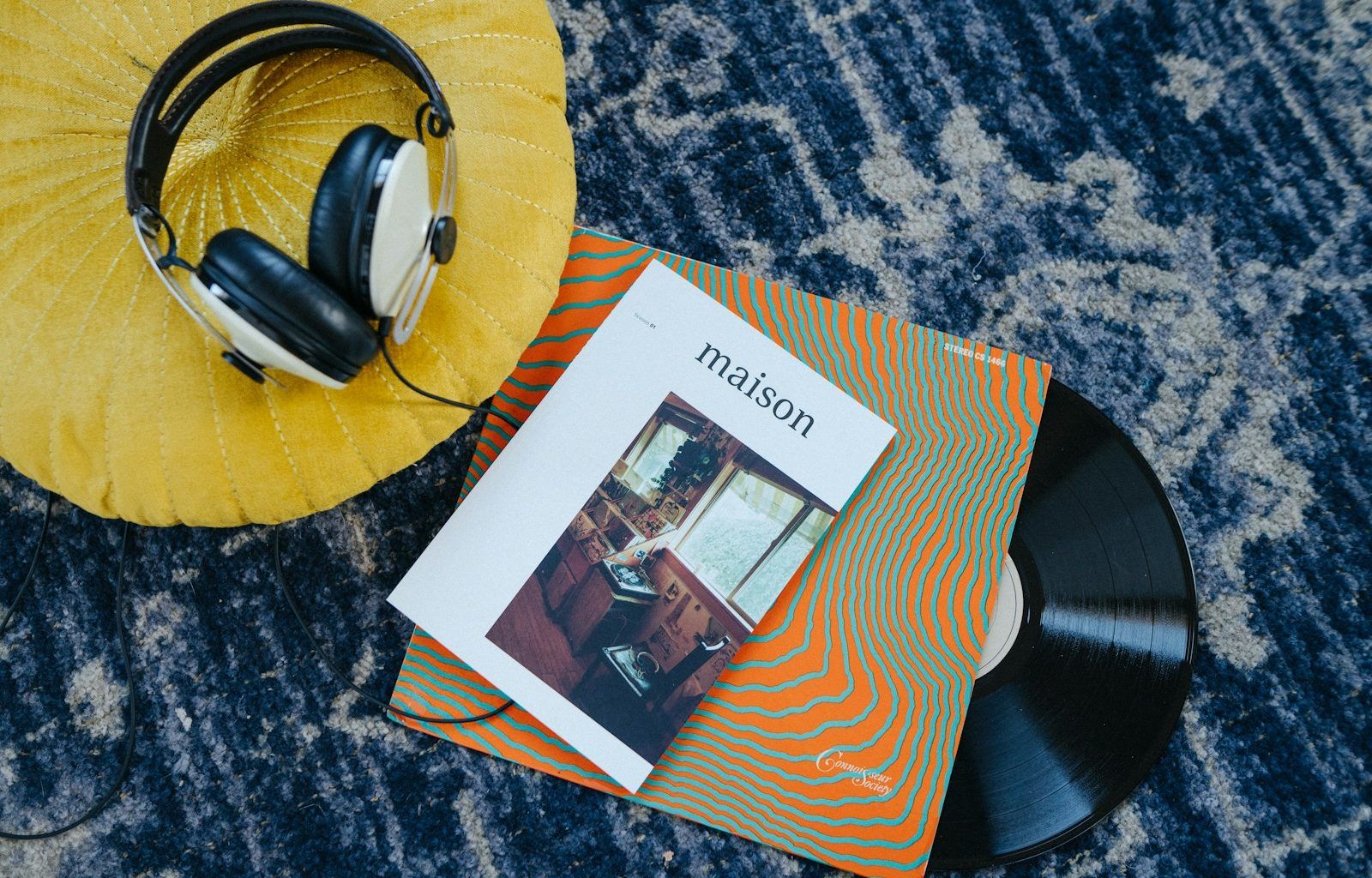Music publishing might sound like a technical term reserved for industry professionals, but it’s an essential part of every musician’s journey. Simply put, music publishing is about managing the rights to songs and ensuring songwriters get paid whenever their music is used. Whether you’re a budding artist, an experienced songwriter, or simply curious about how the music industry works, understanding music publishing can empower you to make informed decisions.
Why Is Music Publishing Important?
Every time a song is streamed, downloaded, performed live, or used in a commercial, royalties are generated. But who ensures the right person gets paid? That’s where music publishing comes in. It ensures songwriters and composers receive their fair share of royalties while enabling their music to reach wider audiences.
The Basics of Music Publishing Rights
Music publishing revolves around rights. When a song is created, two primary rights emerge:
- Copyright – This protects the original composition and ensures creators can control how their music is used.
- Performance Rights – These cover the public performance of a song, including live concerts and broadcasts.
If you’ve ever heard a song in a movie or commercial and wondered how it got there, that’s the work of a music publisher.
How Do Music Publishers Work?
Music publishers act as the middlemen between songwriters and those who use music. They handle the licensing, royalty collection, and even the promotion of songs. Here’s what they typically do:
- License your music for various uses, such as TV shows, movies, ads, and digital platforms.
- Collect royalties on your behalf.
- Promote your songs to bring them to new audiences.
By working with a music publisher, you can focus on your craft while they handle the business side of things.
Different Types of Royalties in Music Publishing
The world of royalties can be overwhelming, but breaking it down makes it simpler. Here are the primary types of royalties:
- Mechanical Royalties: Earned from physical and digital reproduction of your music (e.g., CDs, streaming platforms).
- Performance Royalties: Generated whenever your song is played publicly, whether live or through a recording.
- Synchronization (Sync) Royalties: Paid when your music is used in visual media like films, commercials, or video games.
Do You Need a Music Publisher?
You might be wondering, “Do I need a music publisher?” The answer depends on your goals. If you’re creating music primarily for personal enjoyment, you might not need one. But if you’re serious about making a career out of music, a publisher can be invaluable.
For example, imagine your song gets featured in a blockbuster movie. Without a music publisher, you’d need to negotiate contracts, license agreements, and collect royalties yourself—a daunting task. A music publisher simplifies this process and ensures you don’t miss out on revenue.
How to Choose the Right Music Publisher
Finding the right music publisher is crucial. Here’s how you can make the best choice:
- Do your research: Look for publishers who work with artists similar to your style.
- Understand the contract: Ensure you’re comfortable with the terms, especially royalty splits.
- Check their network: A good publisher should have strong industry connections.
The Future of Music Publishing
As technology evolves, so does the music industry. Streaming platforms, blockchain, and AI are changing how royalties are tracked and distributed. Staying updated with these trends can help you navigate the future of music publishing.
Final Thoughts
Music publishing might seem complicated at first, but breaking it down reveals its true purpose: to support and protect songwriters. Whether you choose to partner with a music publisher or handle things independently, understanding the basics will help you make informed decisions. The music industry is ever-changing, but one thing remains constant—songwriters deserve recognition and fair compensation for their work.
For further reading, explore these related articles:
For additional resources on music marketing and distribution, visit DMT Records Private Limited.






